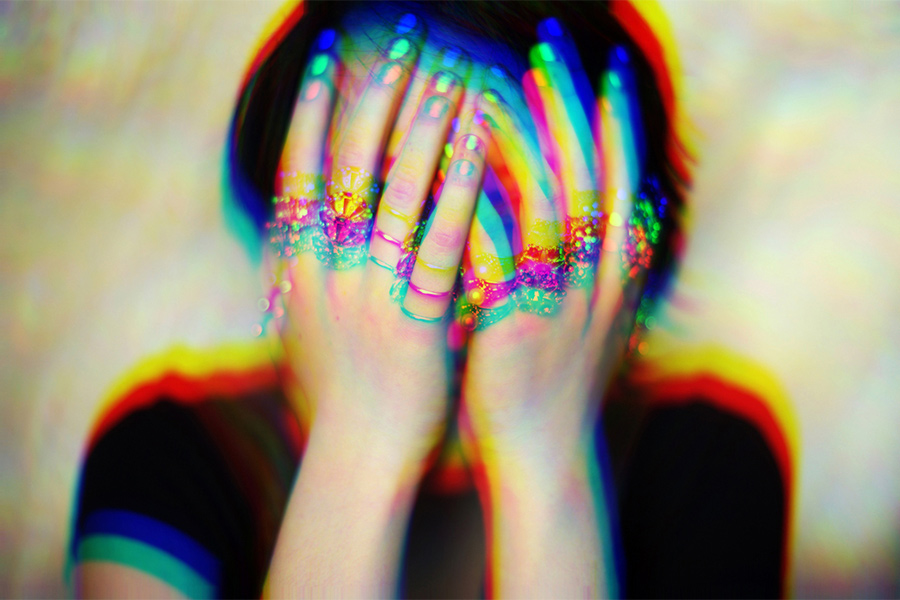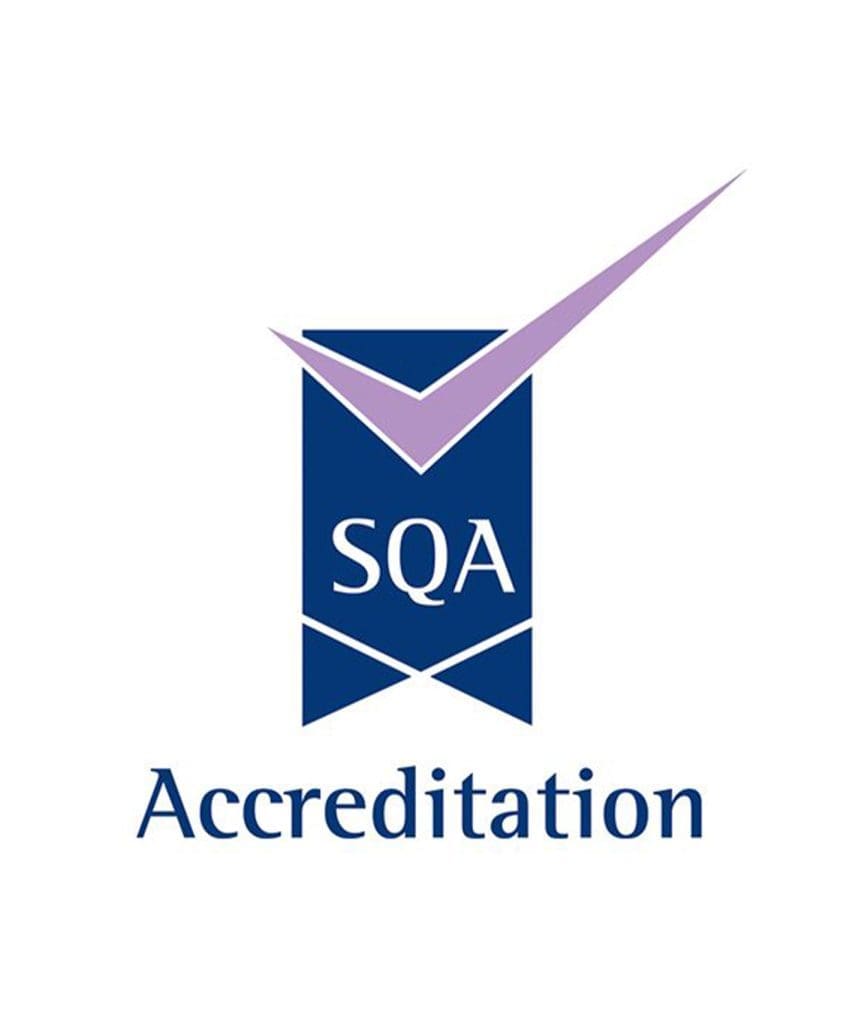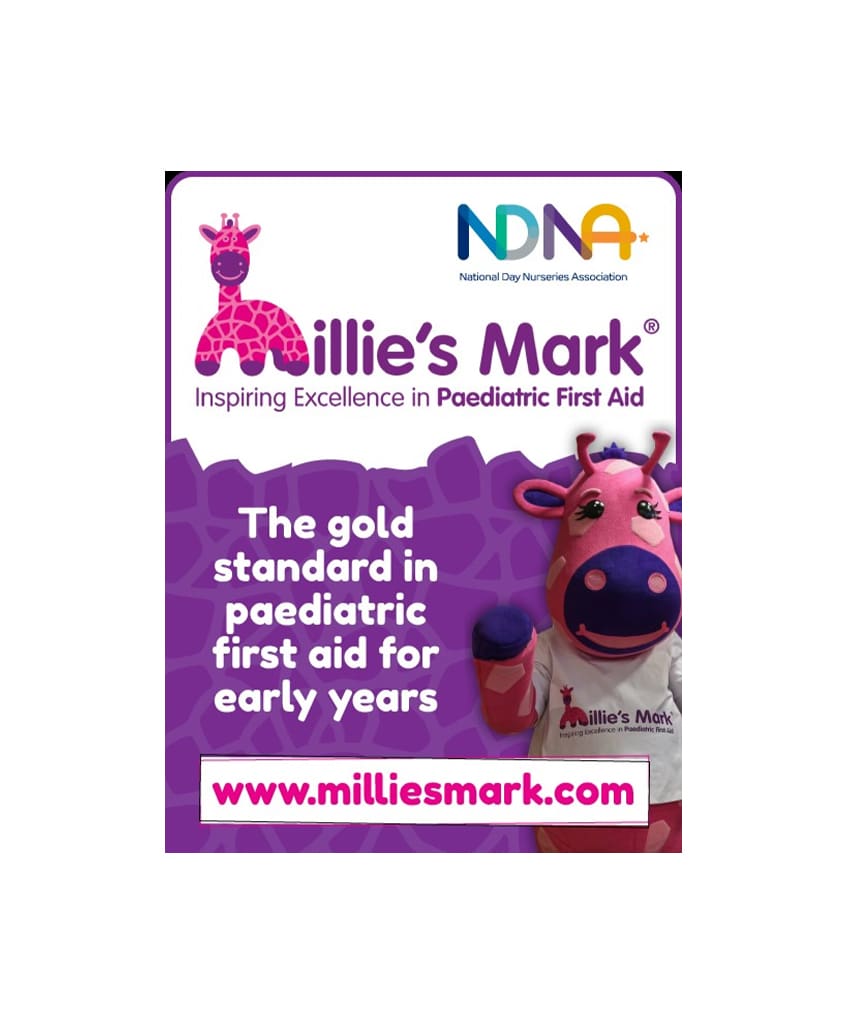In today’s busy and pressured world, more and more people are reporting feelings of anxiety and depression than ever before. Mental Health Awareness has been a hot topic for the last 24 months, especially in light of the covid-19 pandemic and the subsequent lockdowns. Many people felt isolated and alone during the pandemic and now that things are returning to some semblance of normality, many are feeling anxious about returning to work.
The term “Panic Attack” is a catch-all which refers to anytime you might be feeling overwhelmed with anxiety or fear. It is actually much more nuanced than that. As part of our work providing training in the first aid and mental health sector, we recognise that it is important that our readers understand what a panic attack is and what you can do to help a person (or yourself) when they occur.
If you would like to talk to us about our training provisions to businesses and organisations across the UK, call us on 07884 238153 or email us.
What is a Panic Attack?
A panic attack in its simplest form is a sudden rush of anxiety or fear which manifests itself in the form of intense mental and physical symptoms. They can arrive quickly and without warning, often it seems for no apparent reason. According to the NHS, a panic attack usually lasts for between five and 20 minutes, on rare occasions they can last for up to an hour.
Essentially a panic attack is a fear response, albeit an extreme one. When under threat your body will prepare itself to defend with a fight or flight response; this involves a release of adrenaline and myriad chemical reactions which can feel rather intense if you are not expecting it.
What does a panic attack feel like?
There are many symptoms associated with panic attacks and they set upon you extremely quickly. Panic attacks can be frightening but they are not dangerous and will not cause you any physical harm themselves.
According to the NHS, you may experience any or some of the following symptoms:
- racing heartbeat
- feeling faint
- sweating
- nausea
- chest pain
- shortness of breath
- trembling
- hot flushes
- chills
- shaky limbs
- a choking sensation
- dizziness
- numbness or pins and needles
- dry mouth
- a need to go to the toilet
- ringing in your ears
- a feeling of dread or a fear of dying
- a churning stomach
- a tingling in your fingers
- feeling like you’re not connected to your body
*some of these symptoms can also be indicative of other conditions – if they are persistent you may not be experiencing a panic attack.
What causes a panic attack?
With all mental health challenges, everyone is different in their reactions. Panic attacks can happen at any time for someone. Some people have them only once, others may experience panic on a regular basis or even multiple times in one day – but they are all different.
You might notice that certain places seem to make things worse with their symptoms e.g., before an important meeting; some days everything seems fine until 5 pm when suddenly you start feeling anxious again without knowing why.
How to relieve symptoms of a panic attack.
Panic attacks can be a terrifying experience, but it’s important to know that you’re not alone. There are some things you should do in order to help yourself cope and get through these tough times. It is important to understand that fighting your panic attack is futile and can perpetuate it.
If you think you are prone to suffering panic attacks or indeed less intense episodes of anxiety, make sure you take a timeout and keep this list of things to help relieve your episode.
Breathe – This might be the single most effective way to deal with a panic attack. Breathe slowly and concentrate on only that – count to five as you inhale and again to five while exhaling. This will help fill your bloodstream with oxygen and take your mind away from your symptoms.
March – While this sounds strange, focusing on rhythm (similar to focussing on your breathing), can help you to control your breathing and distract you from your symptoms while your body physically oxygenates and releases endorphins to aid in your movements.
Reassure – If you feel yourself dropping into a panic attack, stay where you are (don’t drive), take a moment to remind yourself that it will pass. Focus on positive things – it might be a pet or a holiday – remember that your panic attack is not life-threatening. Continue to breathe.
Get in Touch
We are First Aid Training Specialists and provide traditional First Aid and First Aid for Mental Health Training Courses. If you have a staff and would like to speak to us about how we could help with your training requirements, make sure you call us on 07884 238153 or email us. You can also follow us on LinkedIn, Facebook, and Instagram.








